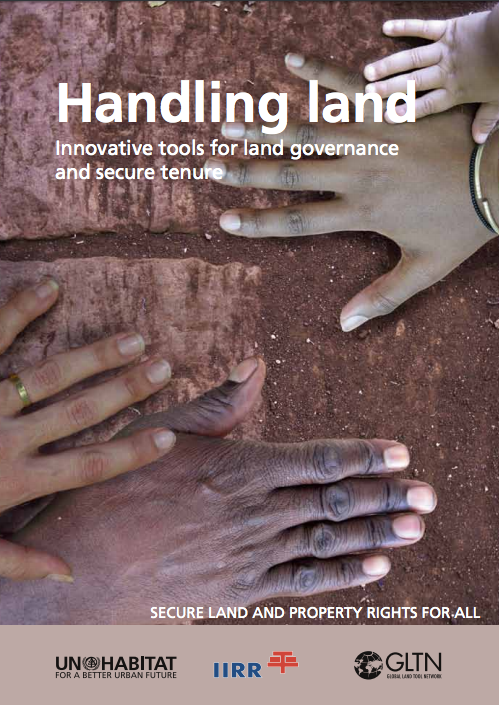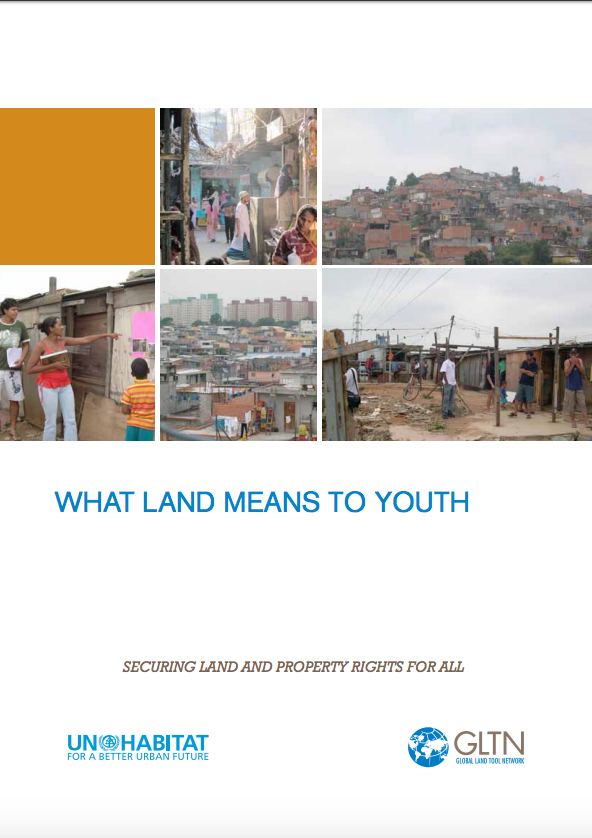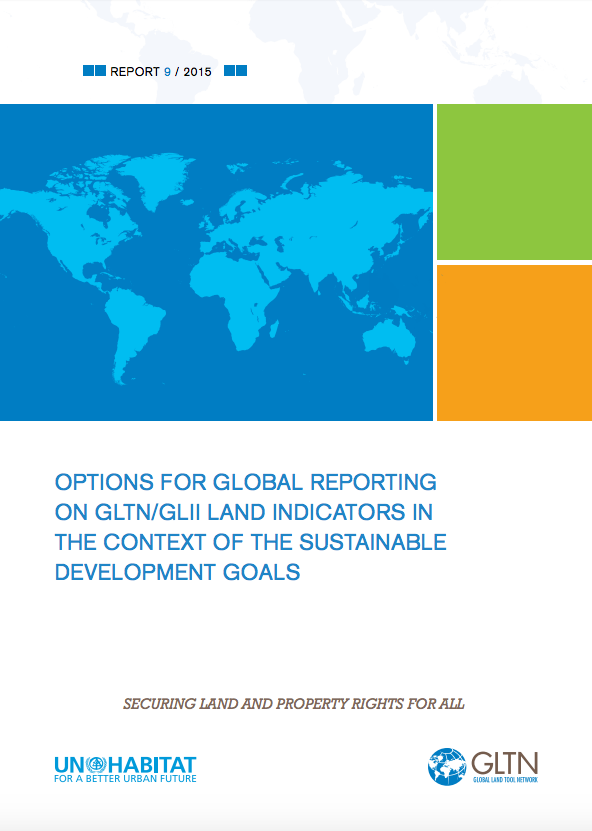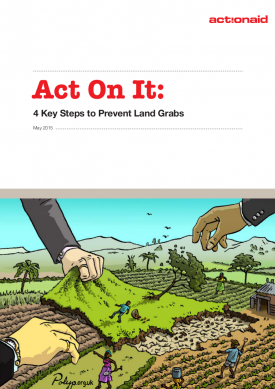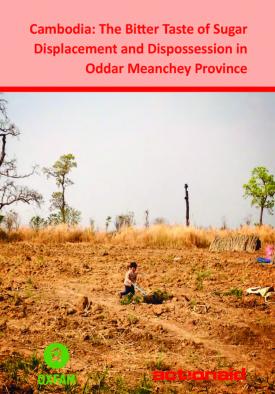Handbook on best practices,security of tenure and access to land: Implementation of the Habitat Agenda
The Handbook on Best Practices, Security of Tenure and Access to Land--Implementation of the Habitat Agenda (2003) reviews material produced by UN Habitat partners up to and including 1999, in terms of the implementation of the Habitat Agenda. At the time of publishing, this document was the most comprehensive global overview of progress made in countries towards achieving the Habitat Agenda in the area of land tenure and land management/administration.


